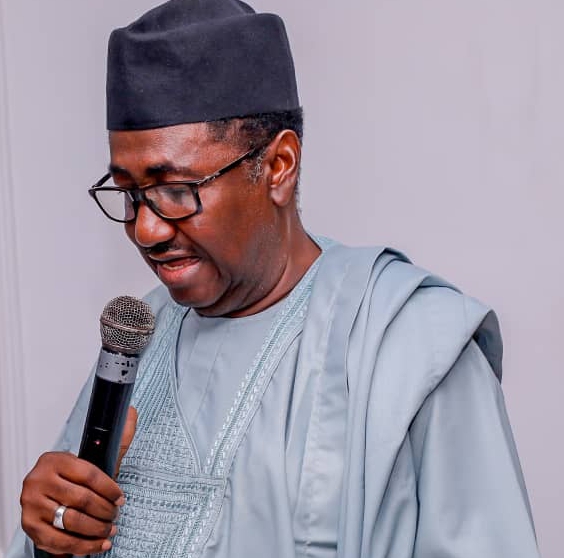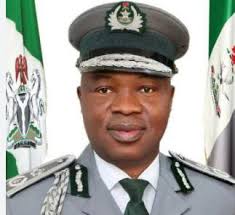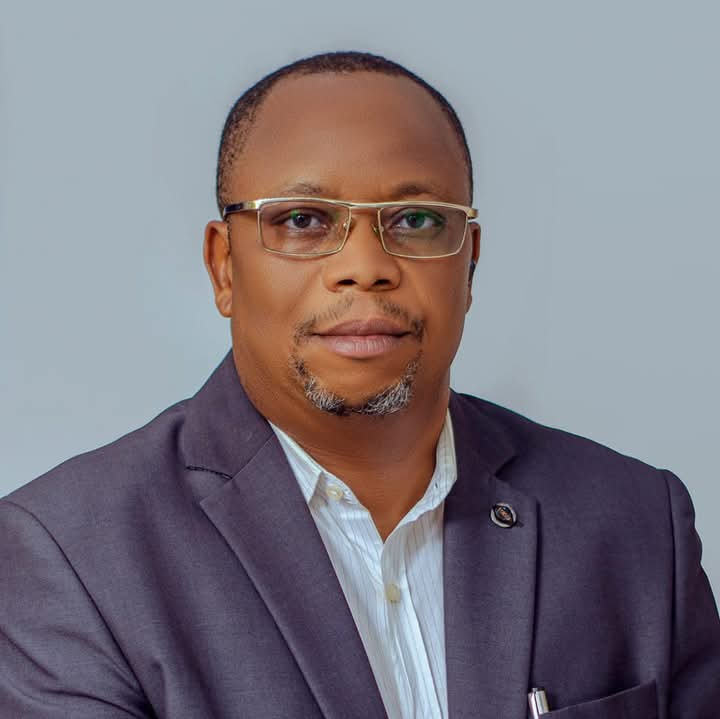NORTHERN SEARCH FOR A NEW CONSTITUTION IN NIGERIA: Matters Arising. By M K Ilyasu

NORTHERN SEARCH FOR A NEW CONSTITUTION IN NIGERIA: Matters Arising.



Are we approaching a turning point in our desire to have National constitutional conference, a time for self examination, preparation and honest disclosures, when we are reminding ourselves of the profound truth in moments of meaningful deliberations concerning our lives and reflecting our fundamental/foundational beliefs.
Mallam Ado Hassan of the NPFM Secretariat (Northern Chapter) from Kano State has beautifully captured this sentiment, sharing how time seemed to stand still for the North, questioning the relevance of various interventions that claimed to represent their aspirations as they grew and learned lessons in the polity.
He opined that this generation of Nigerians deserve a fresh narrative (sovereign development) delivered by its own narrators (class conscious youths), for its own interests (improved quality of life), in this country. This in essence is a wake up call affording us the opportunity to pause, reflect deeply and ready ourselves and set our minds for the anticipated challenges on issues of sovereignty.

To what degree does the North factor into Nigerian identity and contribute to national meaning for Nigerians?
I want to explore with the question of whether the “One North, One People and One Destiny” slogan promotes the concept of being a region that dwells alone or in unity?
It is worth exploring different perspectives about what connects us as a people and discuss variables that might cause different ideological groups to conclude that they either want to live with one another or that they want to cut ties. What factors might be considered when making that decision? What is at stake?
It is worthy exploring further those competing ideas and consider which aspects of those visions and concerns have or have not been realized since our independence in 1960.
For decades, to ensure that the constitutional debates do not remain stuck on the pages, instead, various governments continued to be a source for active dialogue with ongoing interpretations, and opposing viewpoints. The hope is that through this method, our polity can get used to increase the desire and ability to understand and engage more constructively with conflicting political opinions of the generations.
We often think of disagreements as an unfortunate aspect of life, but, constructive disagreement is a vital tool to generate critical thinking and personal growth. It serves our diverse groups in terms of understanding our personal backgrounds and reasons for such dialogue. It makes all the participants to be open with a genuine desire to learn of the fears and aspirations of one another.
Nigeria is the central element of our national identity. We will continue to contemplate on how we feel differently about it and build relationships with one another. Nigerians presented competing visions and concerns about popular representation and the question remains, how do we relate to those positions?
Northern delegation hesitation to join issues with Ms Briggs at the 2014 National conference as tended by non other than Wazirin Katsina, current Secretary General of the ACF, to me is reflected on understanding of the complexity of the issues and the recognition that each side of the argument had its merits and its flaws. Of course, the goal of the conference was not to persuade anyone to support a particular point of view or to change anybody’s mind about a specific issue. It was, however, intended to promote and cultivate the value of engaging in conversation with a genuinely open mind to those with whom we may disagree. Please note and observe, thus;
1. Debate the issues without attacking people and harming relationships.
2. Check your motivation: are you trying to win or to solve problems?
3. Listen to the other side and be open to admitting that you might be wrong.
4. Consider that you might both be right, despite holding opposite positions.
As you can see, it is we who should trust the sincerity of our intentions to make progress. In another respect, when fear is associated with situations in which you are subject to criticism by others (minorities xenophobia) and when is it a question of national security, you can with open mind surmount every challenge. TRUST ME ON THIS.
What happens when a collective like ACF or OHANAEZE NDIGBO seeks fulfillment outside its present mandate? Does the cultural boundary prohibit discussing political differences or participating in political debate? OF COURSE NOT!
We have reluctantly been observant to themes still relevant today in the polity. Issues such as misplaced religious devotion leading to conflicts, and good leadership vs. corrosive and self-serving rule. One of the reasons we had #ENDBADGOVERNANCE protest. However, have we had it different? What would you suppose to be the implications of our decision on the broader themes of individual fulfillment versus communal responsibility? Preservation the unity and peaceful co-existence of all the peoples of our respective regions and Nigeria as a whole is the key.
RECENT EXPERIENCES. Internal Resilience and Unity.

What can the Youth teach us about overcoming obstacles and building a better society? Through thoughtful analysis, we must emphasise the importance of maintaining a strong, interconnected identity regardless of geographic location.
Our conversation should remain focused on the importance of internal resilience and the dangers of both underestimating and overestimating challenges. We must also examine modern applications of our experiences, focusing on the critical need for unity and the creation of a coherent, connected societies.
How do we navigate the complexities of being a Northerner while integrating into the modern Nigeria? Must we highlight the themes of identity, isolation, and the perception of the Northern people as the basis in any negotiation on national unity?
I will end this intervention with a recommendation from amongst others, that you may like to read Professor J O Iruku SAN who also urged the Government in (Paper titled “Ethnic And Regional Organizations As Vehicles For Nation Building And The War Against Corruption In Nigeria) to produce a truly “Nigerian Peoples’ Constitution” as genuinely Federal as our Independence Constitution which was formulated and adopted because it took into account the “Fears, Interests and Cultural disposition of the country’s Ethnic groups. It is therefore presumed that the Peoples’ Constitution shall create structures and institutions that will eliminate those areas that create Social injustice and Instability.
It is also my understanding that ACF will have a committee in which NPNF and the likes will be able to articulate your position to be shared in an open National debate when the time comes.
As a member of the CAF, please entertain no fear that our collective interest will be projected in any deliberation requiring ACF contribution. We need more input from your likes in this arduous match into genuine unity, democracy and development of our country.
16/08/2024




